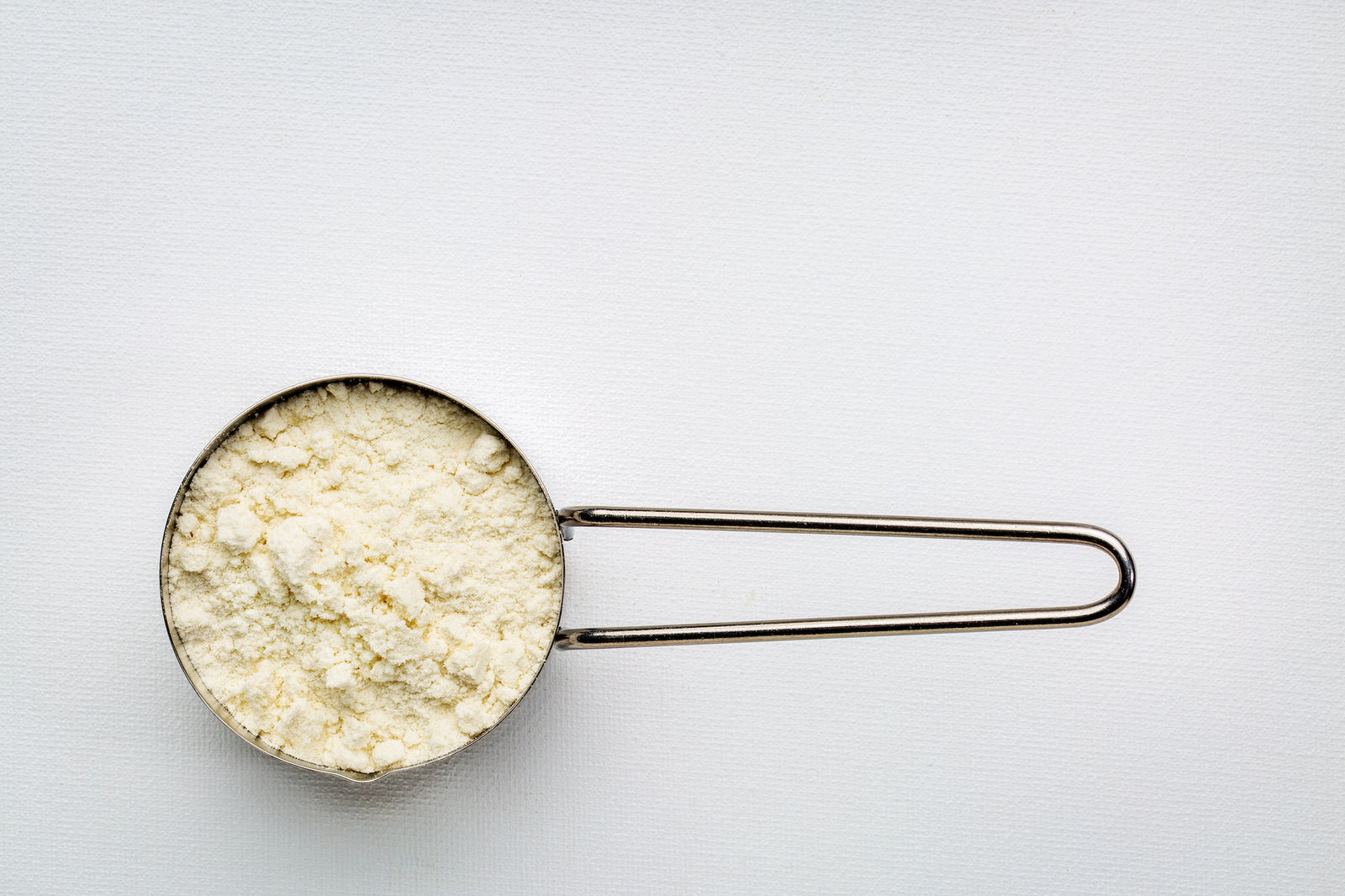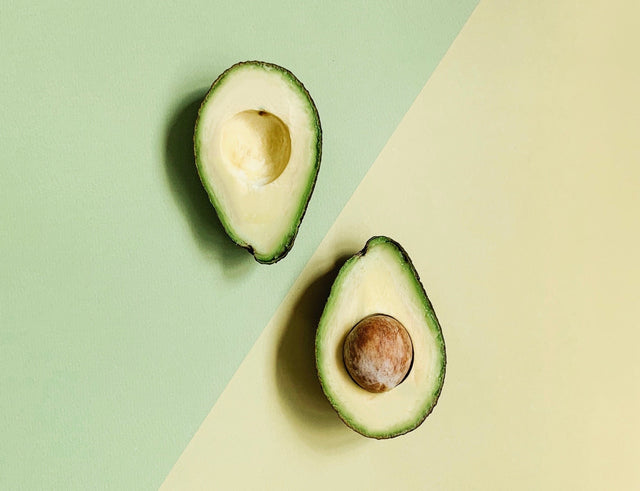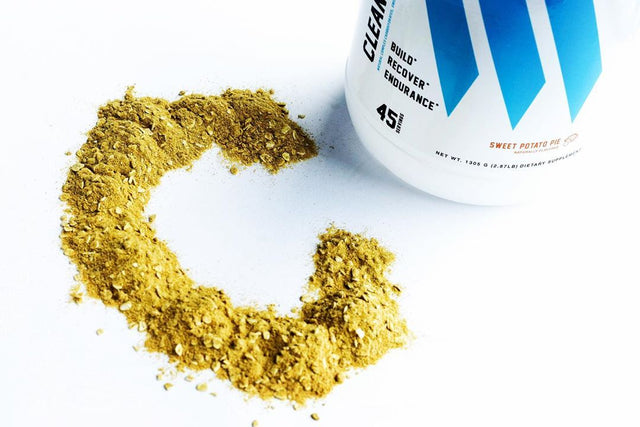Peas have proven to be a powerful little green bean full of protein. But, is pea protein actually better than whey? Studies have shown, that compared to other plant-based protein sources, peas have the most similar amino acid profile to whey protein, and even similar benefits in regard to athletic performance and building lean muscle mass. Plant-based diets have gained some serious momentum over the last few years so we’re going to find out if pea protein is right for you, and your athletic aspirations.
What Is Pea Protein?
Peas are legumes, similar to chickpeas and lentils. Pea protein is made by extracting then isolating the protein from yellow peas. Typically, pea protein is used as a food ingredient or additive to increase protein content. It’s also extremely easy to disguise, making it a great option as a plant protein substitute in everything from vegan burgers, cheese, yogurt, milk, and protein bars.
Pea protein is a great alternative to animal protein sources, and is the most similar to whey in terms of amino acid mix, texture and taste. Swolverine's Plant Protein contains nearly 20 g of pea protein isolate and 4 other plant protein superfoods.
RELATED ARTICLE What Are The Benefits Of Pea Protein?
Benefits Of Pea Protein
- Increasing Muscle Mass
- Improving Strength
- Better Post Workout Recovery
- Optimizing Body Composition
- Provides Valuable Micronutrients
What Is Whey Protein?
Whey protein concentrate is known as the gold standard of protein powder. Whey is actually the liquid by-product of cheese manufacturing. When the casein and water are removed from this by-product, you are left with what’s better known as whey protein concentrate.
Whey protein supplements can vary widely in quality and ingredients. Several supplements contain added ingredients, or protein blends, which deviate from a pure whey protein supplement. There are several different types of whey protein, which include whey protein concentrate, whey protein isolate, and whey hydrolysate.
RELATED ARTICLE Whey Vs Whey Isolate: What Are The Differences?
Whey protein, also known as whey protein concentrate, contains up to 70-80% protein, a relatively small amount of carbohydrates, and fat. Whey protein can also contain up to 50% lactose, which can have adverse effects on those that are lactose intolerant such as diarrhea, gas and bloating who are unable to digest it. Whey protein isolate is a highly purified and isolated form of protein, which yields 85-90% pure protein, and less than 1% lactose. Whey protein isolate is a great option for those that have lactose sensitives, or that that may have experienced bloat with whey protein. Swolverine’s Whey Protein Isolate contains 90% pure grass-fed protein, with added digestive enzymes, to help digestion and absorption rate with only 5 ingredients.
Benefits Of Whey Protein
- Increasing Muscle Mass
- Improving Strength
- Better Post Workout Recovery
- Optimizing Body Composition
What's The Difference Between Pea Protein Vs Whey Protein?

Pea Protein Vs Whey: Building Muscle
Although animal-based protein sources such as whey, casein, and egg are highly effective at improving athletic performance goals, pea protein has also proven to deliver anabolic benefits. Specifically, pea protein is just as effective in stimulating muscle protein synthesis (the muscle-building process) and providing other valuable attributes such as efficient and quick digestibility in addition to providing valuable micronutrients. Peas also have a full essential amino acid (EAA) profile, which is critical in the muscle-building process. As compared to other plant-based protein sources, Pea protein has the highest essential amino acid mix, almost rivaling that of Whey Protein [R].
In a double-blind randomized controlled study published in the Journal Of The International Society Of Sports Nutrition, pea protein went head to head against whey protein, to investigate the effects on muscle composition and strength. 161 male participants enrolled in a 12-week resistance training program and were randomized into a pea, whey, and placebo control group. The results showed a significant and greater effect on muscle composition amongst the pea protein group, with no clinical difference between groups in regard to muscle strength. Therefore, this study proves, that Pea protein, is a phenomenal plant-based protein source to help increase muscle strength and composition, to further improve athletic performance [R].
A similar study conducted at Lipscomb University in Tennessee compared the effects of whey and pea protein supplementation in conjunction with 8-weeks of High-Intensity Functional Training (HIFT) on strength, body composition, muscle thickness, IMTP peak force, IMTP RFD, and WOD performance. The results confirmed that whey and pea proteins promote similar strength, performance, body composition, and muscular adaptations following 8-weeks of HIFT [R].
Pea Protein Vs Whey: Essential Amino Acid Mix
Part of the argument, in plant-based protein vs animal-based protein is the amino acid mix. By having a full amino acid profile, you’ll get the essential nutrients you need to increase muscle mass and remain in an anabolic state. Pea protein has a very similar amino acid mix, as compared to whey. Due to its high amount of essential amino acids, specifically arginine, leucine, isoleucine, valine, and alanine (leucine, isoleucine, and valine are the branched-chain amino acids BCAAs, and are known to be most responsible for stimulating muscle protein synthesis), pea protein is an amazing plant-based protein alternative for athletes. Arginine specifically helps facilitate the release of nitric oxide, which increases oxygen and blood flow, translating to increased muscle growth, and better recovery. Pea Protein has nearly three times the amount of arginine than whey protein. No, I’m not kidding. Just look at the reference comparison table below.
Amino acid composition in g/100 g of whey and pea protein supplements.
|
Alanine |
3.5 |
4.3 |
|
Arginine |
2.3 |
8.7 |
|
Aspartic Acid |
8.4 |
11.5 |
|
Cystine |
1.7 |
1 |
|
Glutamic Acid |
13.3 |
16.8 |
|
Glycine |
1.4 |
4.1 |
|
Histidine |
1.6 |
2.5 |
|
Isoleucine |
4.6 |
4.5 |
|
Leucine |
8.8 |
8.4 |
|
Lysine |
7.5 |
7.2 |
|
Methionine |
1.6 |
1.1 |
|
Phenylalanine |
2.6 |
5.5 |
|
Proline |
6.6 |
4.5 |
|
Serine |
4.6 |
5.3 |
|
Threonine |
4.5 |
3.9 |
|
Tryptophan |
1.3 |
1 |
|
Tyrosine |
2.3 |
3.8 |
|
Valine |
4.4 |
5 |
Pea Protein Vs Whey: Protein Absorption & Digestibility
The second argument against plant-based protein is digestion rate also known as uptake. Pea protein has better bioavailability than most plant-based protein, delivering essential amino acids with a higher yield of protein, faster.
Protein digestibility-corrected amino acid score (PDCAAS) is a method of evaluating the quality of a protein. PDCAAs are based on both the amino acid requirements of humans and their ability to digest it. Most plant proteins have low bioavailability (meaning the body has a hard time absorbing the nutrients). Pea protein isolate, however, ranks at a 0.928, on a scale of 1 being the highest in digestibility. The PDCAA of pea protein is therefore very similar to that of whey, casein, and egg. Unlike other vegetable sources, pea protein also does not contain any anti-nutritional factors, which are known to diminish nutritional potential by impeding digestibility and bioavailability [R, R].
Also, remember that Whey protein (NOT WHEY ISOLATE) contains lactose, meaning that if you’re lactose intolerant, you’re going to issues such as bloating and problems with digestion. Therefore, pea protein has a slight advantage over whey in digestibility.

Pea Protein vs Whey: Nutrient Profile
One of the biggest differences between pea protein and whey, or any plant-based protein source, is the micronutrient profile. Pea protein is rich in iron, manganese, folate, copper, phosphorus, vitamins B6, B2, niacin, molybdenum, fiber, and vitamins A, C, and K. Additionally, one cup of peas contains 8.6 grams of protein, which is a ton for a plant-based protein source at 86% purity. But don’t go eating buckets of peas just yet. If you were to eat a whole cup of peas, it would definitely be challenging. That’s where supplementation comes into play.
Additionally, if you’re allergic or have a sensitivity to one of the eight most common allergenic foods (dairy, eggs, peanuts, tree nuts, soy, fish, shellfish, and wheat) with pea protein, you’re safe.
Pea Protein Vs Whey: The Taste Test
Judgment day… The taste test. Not going to lie, all plant-based protein, not just peas, are chalkier in nature. And compared to whey, pea protein doesn’t really stand a chance in regards to smoothness and taste. Although there are a few plant-proteins That are much tastier than others, such as Swolverine’s Chocolate Cake Plant Protein. But, if the taste is your deciding factor, you might want to stick with the Honey Cinnamon Peanut Butter Whey Isolate.
Which One Is Better Pea Or Whey? Takeaway
Plant-based or not, pea protein proves to be an amazing option to enhance performance outcomes and a staple in any athlete’s supplement regimen. Pea protein has been proven to fuel athletic performance, through improving strength, increasing lean muscle mass, and optimizing recovery With an impressive amino acid mix, protein digestibility rate, and micronutrient profile pea protein could replace whey and become the next gold standard in protein powder.
Looking for the best plant-based protein to build more muscle, shred body fat, and improve athletic performance?
SWOLVERINE is an endurance athlete and active lifestyle brand. Made for the elite athlete, and the strong-willed our products were designed to fuel your athletic performance. We perform when you perform.
We believe that everyone can optimize not only their athletic performance but their human potential. The way we believe we can optimize performance is through transparency, clinically effective doses, and clinically proven ingredients with evidence-based outcomes. We provide the nutrients you need to power your active lifestyle.














